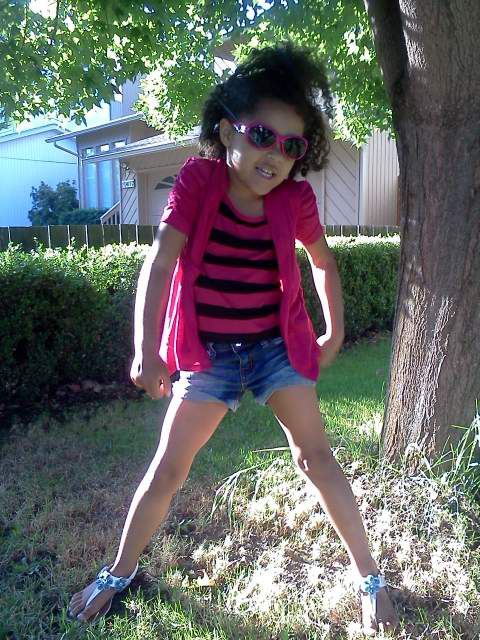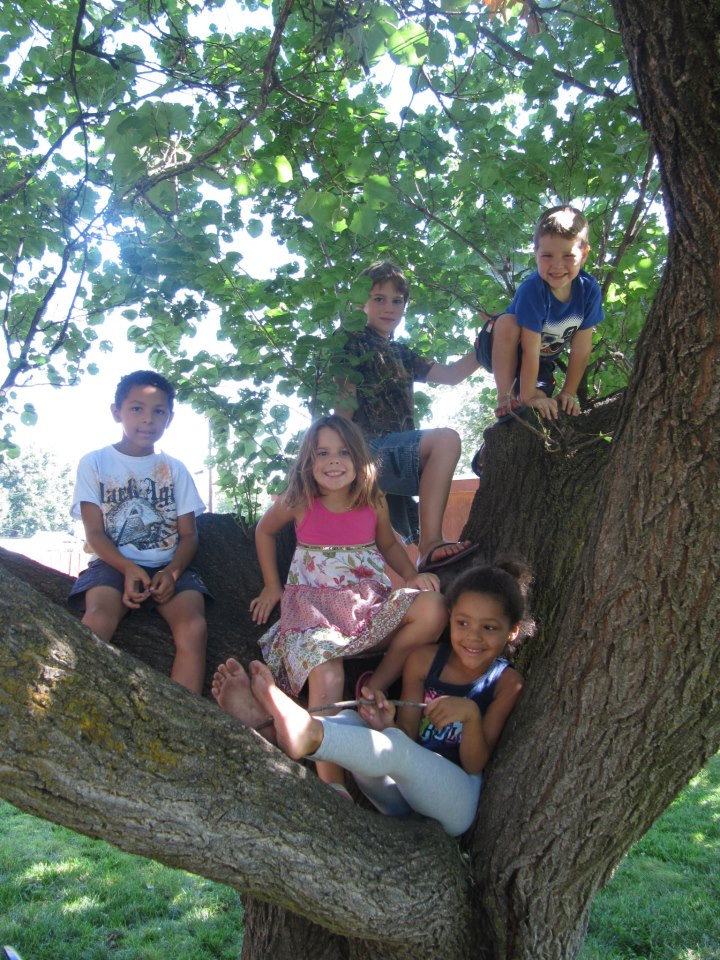Rebellion. It’s often seen as a dangerous and incredibly irritating part of parenting. But the truth is that rebellion is a crucial part of human development. I know, I know, it’s super annoying when the first thing out of your child’s mouth is “NO!” and you’re trying desperately to find non-violent ways to get your child to perform the necessary tasks of daily life.
And the key to my sanity during this time has been two fold.
First, recognize that rebellion is actually a good thing.
Whaaat??? Yes, that’s right. Rebellion means your child realizes that he’s an individual with his own desires, which are separate from yours. While that might be uncomfortable for us, it’s quite a milestone for our kids. They’re learning to assert themselves and to take a stand, even when it might not be popular. The practice they’re engaged in now, rebelling against you, could help them resist peer pressure later, which is something we all want our kids to be able to do.





